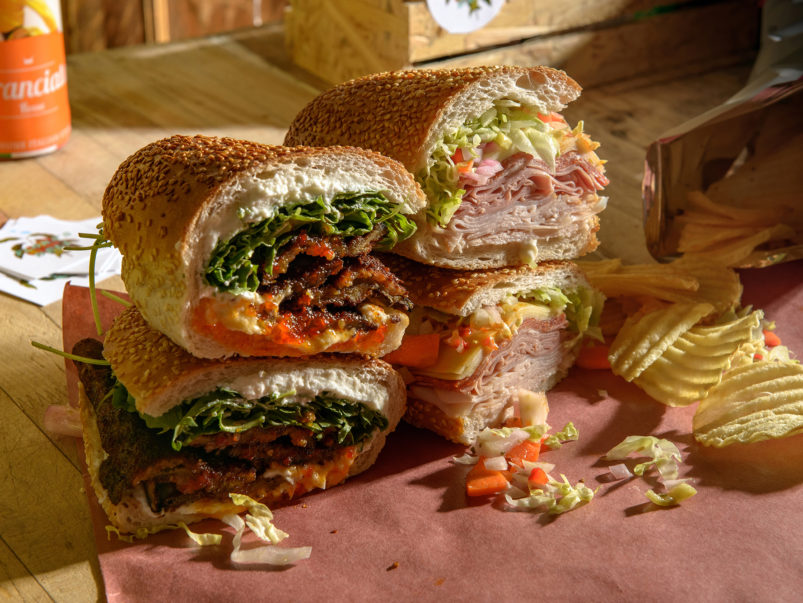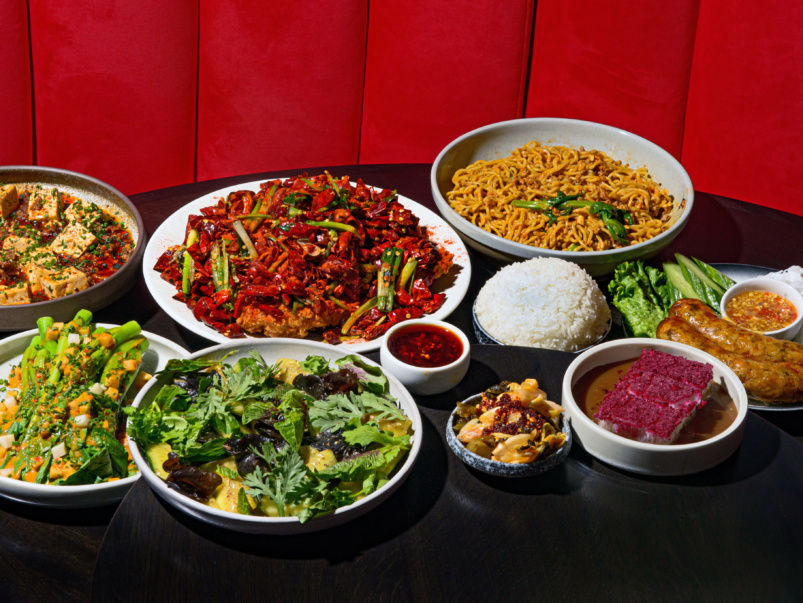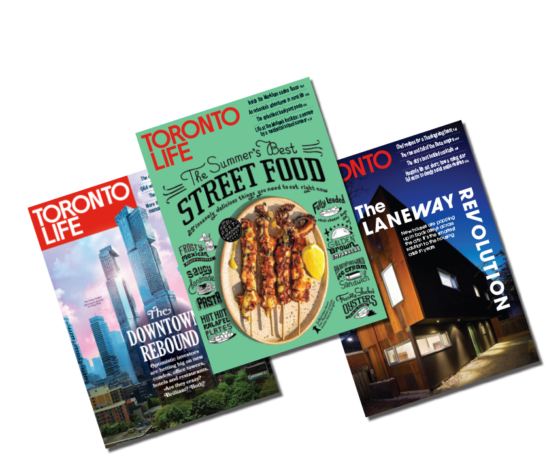Sort-of Secret: The Abibiman Project, a new online shop specializing in African spice blends, condiments and chocolates
A series that shines a spotlight on the city’s hidden edible gems

The sort-of secret: The Abibiman Project, an online shop specializing in African spice blends, condiments and chocolates
You may have heard of it if: You caught chef Rachel Adjei’s pop-ups last year at The Tempered Room
But you probably haven’t tried it because: It’s a one-woman operation with limited wares
Kelewele—a dish of fried plantains with chili, garlic and ginger—is a staple snack in Ghana. Its spicy-sweet flavour profile also makes for a delectable chocolate bar: think dark Tanzanian chocolate infused with the aforementioned spice blend (minus the garlic), sprinkled with candied peanuts and finished with a layer of crispy plantain chips. That’s just one of a selection of sweets available from The Abibiman Project—a non-profit African culinary education initiative specializing in chocolate, spices and herbal blends from across Africa and the Black diaspora.
“I see this project as an interactive learning experience, rather than just a store or restaurant,” says Rachel Adjei, the chef behind the project. “It’s about getting people interested in food from different regions of Africa. And if I’m educating people about food, I can also use that connector to talk about food insecurity.” The business donates 100 per cent of its profits to the Afri-Can FoodBasket, a non-profit geared towards food sovereignty for Black Canadians; detailed write-ups, complete with cooking recommendations, accompany each item.


Adjei, a pastry chef whose past gigs include working at Momofuku Kōjin and the Sweet Escape, had never cooked African food professionally before starting her own business. The idea came during last year’s wave of Black Lives Matter protests, when she was organizing a fundraiser for the Black community at Parkdale patisserie the Tempered Room. The original plan was classic French desserts, but Adjei changed her mind. “I wrote them a long email, explaining that I wanted to celebrate African food.” She ended up running a monthly pop-up at the venue, selling pastries, spice mixes and condiments along with prepared mains like West African peanut stew. She’s since homed in on spices, sweets and condiments, all available for purchase from her online shop.
Suya—an earthy, peanut-based blend with savoury notes of garlic, ashanti pepper and grains of paradise—is among the spice blends on offer. With roots in Nigeria, it’s traditionally used to season kebabs of beef, goat or chicken; it’s equally delicious in grains or tofu, or as the base of a sauce. Adjei’s ras el hanout, ubiquitous in North Africa and with countless iterations, is a balanced blend of cardamom, cinnamon and cumin, among other flavours. It’s right at home on a bowl of couscous, and ideal for soups and stews, since its flavour develops as it cooks. It’s frankly hard to imagine what it wouldn’t taste good on. Her tabil—with origins in Tunisia and Algeria—is a heady floral blend of caraway, coriander and rose petals. Adjei recommends adding it to dips and spreads or sprinkling it on flatbreads.


An African Pantry starter kit—ideal for finding one’s footing in a diverse array of flavours—includes all of the above and then some. There’s a jar of gold-coloured nit’ir qibe: a deeply aromatic clarified butter infused with spices like cardamom, turmeric, ginger and oregano. Also included is shito, a Ghanaian chili paste with a punch of savoury flavour from dried shrimp and mackerel (a vegan, shiitake-based version is also available).
Herbal blends and coffee are on the menu, too. There’s bissap mix, where roselle petals (a species of hibiscus) meet dried lime, ginger, black pepper and cloves for a warming, fuchsia nectar you can drink as a tea or use in a rum-based cocktail. Adjei’s Cafe Touba brew mix, meanwhile, blends Ethiopian coffee beans with West African spices for coffee with a serious kick—it’s traditionally consumed black, and makes excellent cold brew.


And of course, there are the chocolates, which Adjei sees as an inviting “gateway food” into the world of African flavours. A cashew-crusted bar of 65 per cent Madagascar chocolate is coated with a vivid green grassy moringa powder that tastes like a subtler, sweeter matcha. Adjei’s filled chocolates are a delight: try the basbousa bar, filled with orange blossom ganache and crunchy coconut almond praline. It’s inspired by a festive semolina cake common in North Africa and the Middle East.
Look out for new offerings in the coming months, when Adjei plans to run virtual cooking classes that incorporate her spice mixes. And in the summer, she hopes to run picnic-style pop-ups with prepared foods. “This was an accidental business,” she says. “I had no plans for it prior to Covid, and had there not been protests—and had I not been sitting at home angry and wanting to make a change—none of this would have happened. Obviously, many people have not fared so well during the pandemic. This project is my attempt to help those who desperately need it.”









